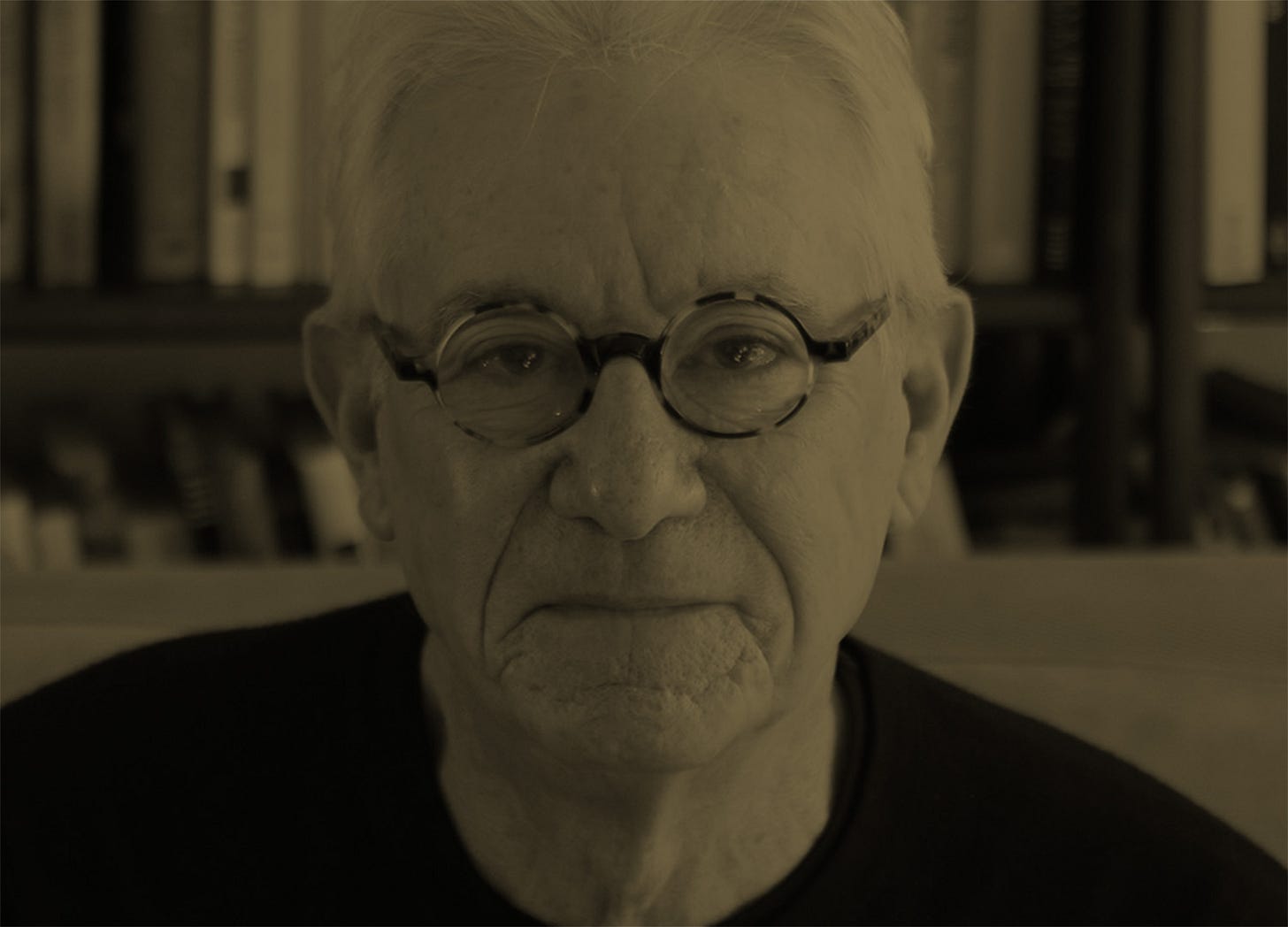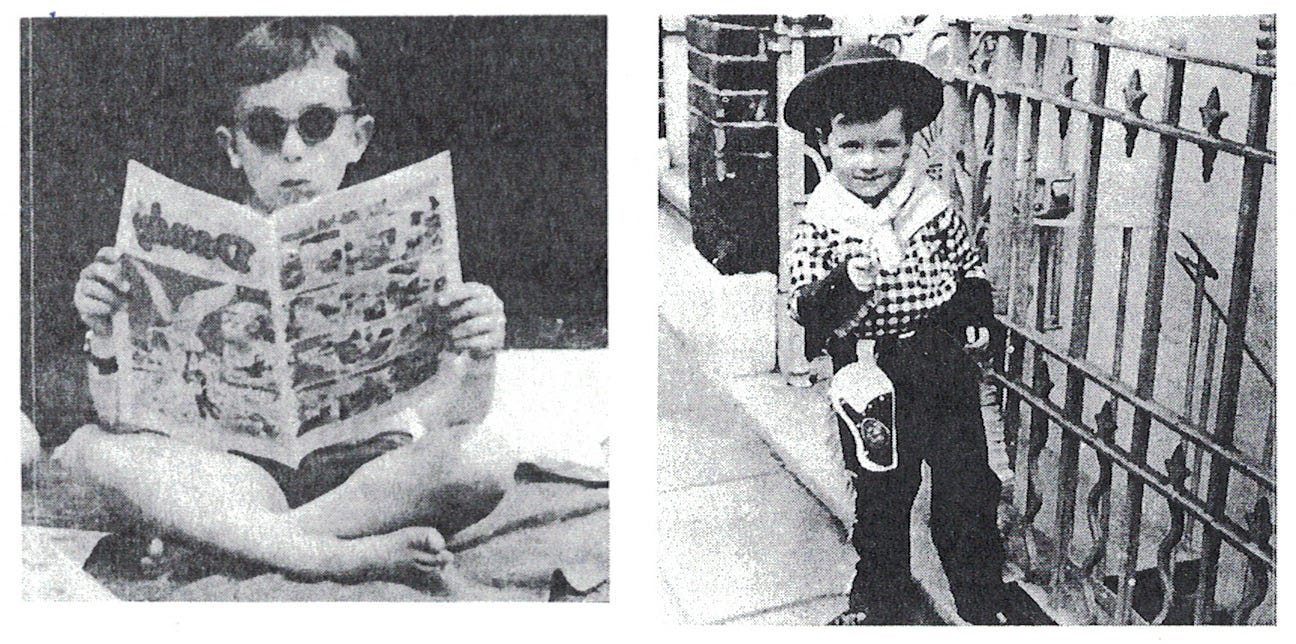Elvis Costello’s Brutal Youth—mighty like a tantrum
“My ultimate vocation in life is to be an irritant,” Elvis Costello said long ago, but it’s unlikely he meant it quite so literally as some of the songs on his recent Brutal Youth (Warner Bros.) suggest. “Pony Street,” “Kinder Murder,” and “13 Steps Lead Down” kick off the album and set a tone; they’re written around grating, bashing, or whinily singsongy choruses and incessantly repeated title lines, driving themselves at you like bad commercial jingles. “Thirteen steps lead dow-ow-own,” Costello bleats, as if he’s turned himself into a human wah-wah pedal—now, that’s an irritant. “Dow-ow-own,” answers the radio. “Dow-ow-own, dow-ow-own, dow-ow-own,” you echo helplessly, trapped, prisoner of pop, like someone who, innocently standing in line, minding his or her own business, suddenly starts mumbling the words to “Achy Breaky Heart.” One can read in the mass of features and interviews accompanying this presumptive comeback album—Costello is again recording with his punky ’70s band, the Attractions—that “13 Steps Lead Down” is a swipe at twelve-step-program panaceas, exactly the sort of thing the Costello of yore named emotional fascism. A worthy target, you might think. Contemporary! But if you can’t bear to listen, do you care?
Straight off, Brutal Youth comes across with a rampant unpleasantness. Flinching at Costello’s floods of words, his sprung rhythms, and the refusal or inability of the band to find a groove, to let a song flow and cut its own bed, all I could hear was an overwhelming clutter. By the time the album began to breathe—five songs in, with “Clown Strike,” then four songs later, with “Sulky Girl”—I couldn’t hear that. What I could hear was that “London’s Brilliant Parade” sounded so much like an old Kinks song that Ray Davies might have a conceptual copyright claim; that “My Science Fiction Twin” had so little heart it came off like a novelty song; and that “Just About Glad” is the sort of thing Costello probably writes while he’s brushing his teeth. Thanks to the fulsome press response to Brutal Youth—praising Costello for leaving behind the experimentation of his song cycle The Juliet Letters or the supposedly unfocused jumbles of Spike and Mighty like a Rose and once more joining hands with his old mates to bring back the old fervor, the real Elvis—it’s possible to hear in Brutal Youth a certain careerist panic, to hear more persona than person. He’s supposed to sound angry, bitter, pissed off, unforgiving—and he does. And if this doesn’t sell, what then? But again, if a singer’s song doesn’t move you, why should you care about his strategy?
Funny thing was, I kept playing Brutal Youth, precisely because it was the most unpleasant thing I had in the house. One test of music is how well it can stand up to whatever you happen to be carrying around inside yourself—which, of course, can mean bits and pieces of the outside world, public events, international catastrophes, the news. Should Brutal Youth be remembered in years to come, it may not be remembered that its release came at the same time that Bill Clinton’s presidency began to crumble—for that matter, Bill Clinton’s presidency may not crumble. But it was crumbling in March of 1994, and what I was carrying around inside me was an irritant, a refrain, like that title line from “13 Steps Lead Down,” something I just couldn’t get out of my head.
Early last December, at a dinner party, people were talking about the Clinton health plan when someone a friend had brought along interrupted: “It really doesn’t matter. Clinton will be gone in eight weeks.” Everyone turned on him, demanding he explain himself. “Whitewater,” he said, and proceeded to tell an inside, horse’s-mouth story I have yet to hear even vaguely echoed anywhere else. It took me only a few minutes to talk the guy out of his own tale—it was secondhand; he had talked to people the Clintons had supposedly talked to—but I hadn’t quite talked myself out of it. And in March it was like an invisible headline behind every real headline—every putatively real headline about, as Molly lvins and she alone has argued again and again for months, a phony story.
So, listening to Elvis Costello on Brutal Youth—hearing, as the album plays and plays, the huge rushing boost Nick Lowe’s bass puts into “Pony Street,” the acrid, almost stinking best moments in “Kinder Murder,” the convincing line “Because I just can’t stand myself” in “13 Steps”—one might find a kind of negative image of whatever it is one might fear to lose. As the album goes on and quiets itself, as it reaches “Rocking Horse Road,” “All the Rage,” and the slow, spare, chilling “Favourite Hour,” that sense of loss, of control and even desire slipping away, can become palpable.
What is it you’re afraid to lose? It might be a lover, a child, a job, your hair. For me, at the moment, it is the first chance in many years this country has had to see itself in a new way, to look in the mirror of our politics and see a face that is not mean, pinched, cruel, and smug. “Deep Dark Truthful Mirror,” Elvis Costello titled a song on Spike, but on Brutal Youth he may have brought the idea to life. The mean, the pinched, the cruel, and the smug course through this record, as targets that change into excuses, as evils that turn into styles, social facts that turn into riffs. You can get sucked in; I did. But as I’ve tried to say, I was already there, and this record made that fact undeniable. So I’ll keep playing it, if only to see what else it can do.
Originally published in Interview Magazine, May 1994




Wow, this has some interesting echoes 30 years later. I was surprised to see that this one didn't wind up in DOUBLE TROUBLE.
Nine of eleven good albums, throw in Taking Liberties for a solid 10 canonical albums in a decade, and you've got one of the great record runs in rock & roll history. Why nothing after that I've heard packs the same musical wallop I don't know.